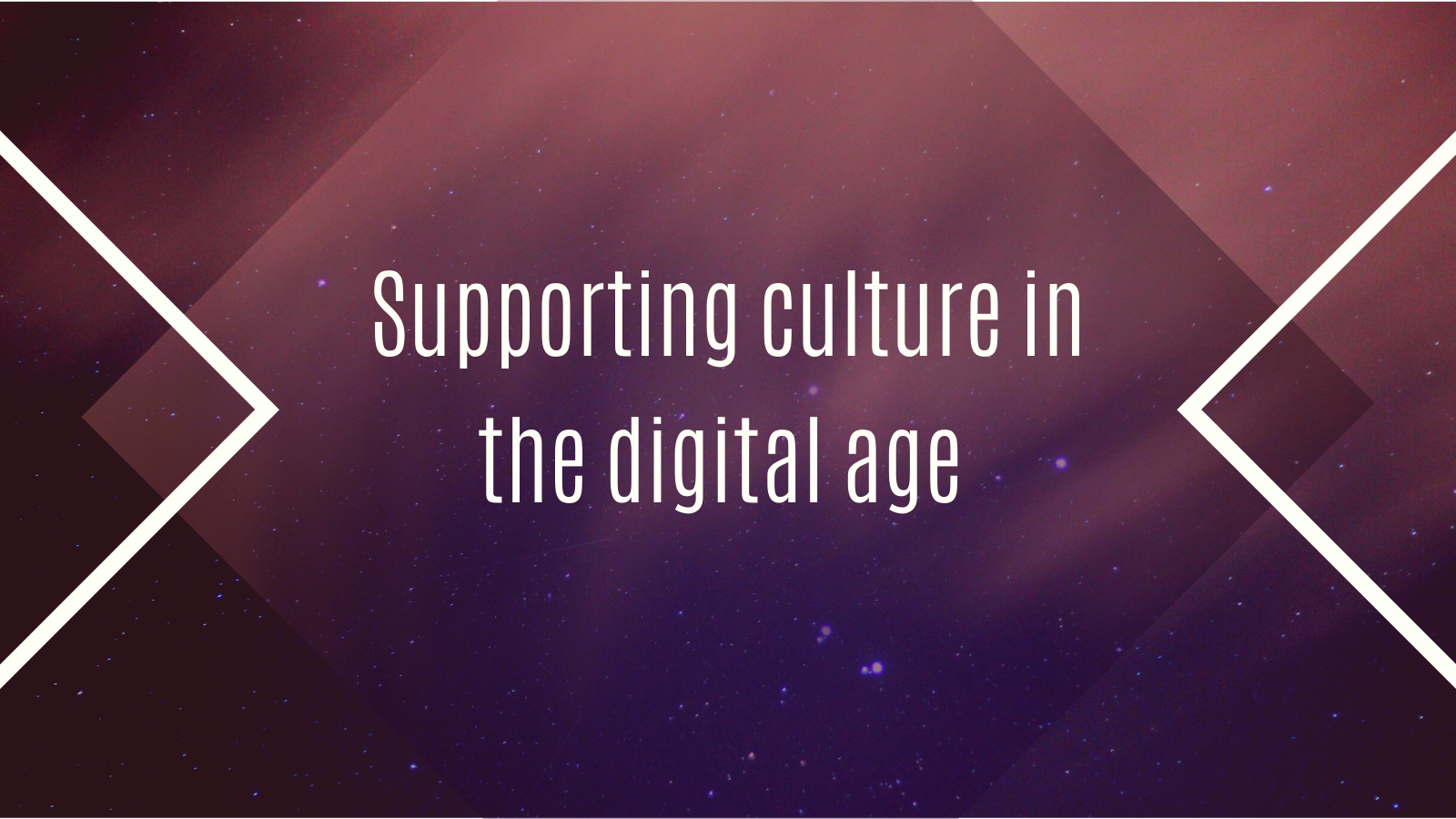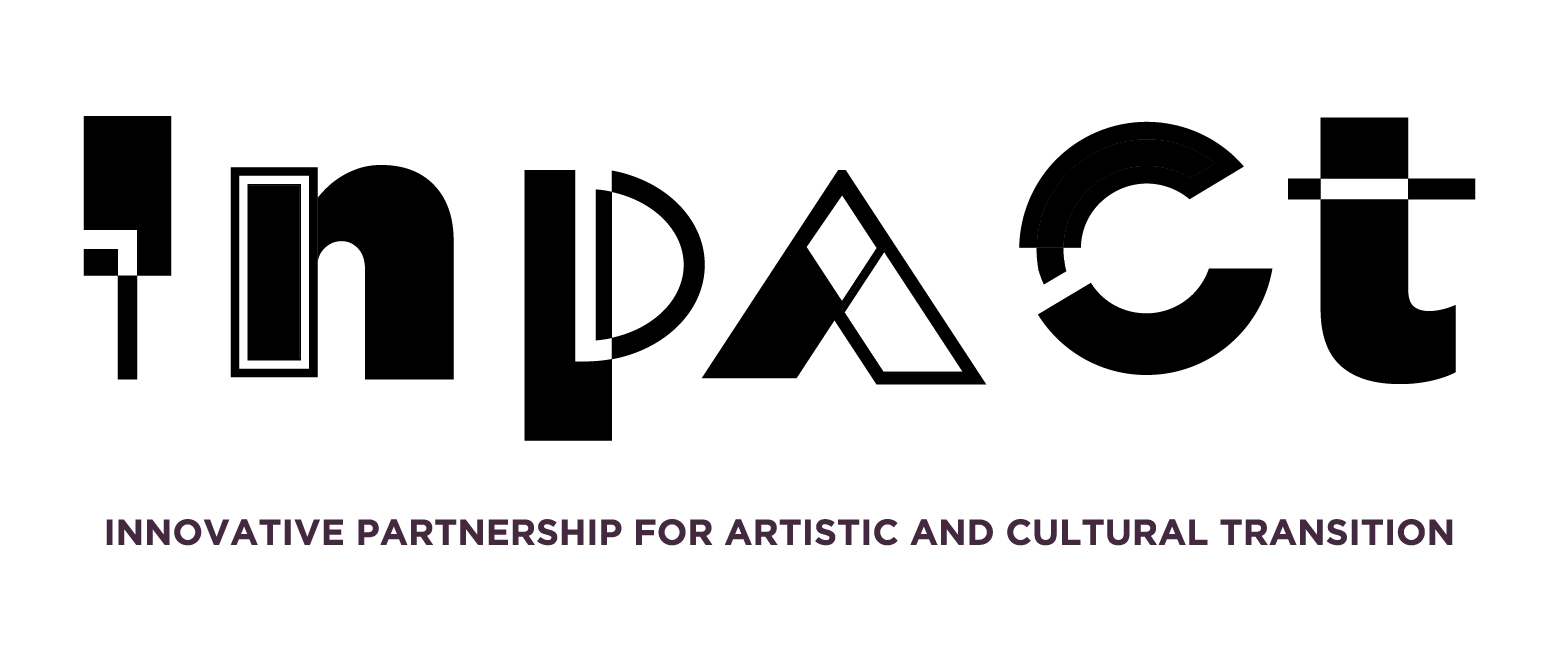Whether you think the digital transition in the cultural sector is positive, negative, or neither, Supporting Culture in the Digital Age (Kulesz, 2020) makes a very nice piece of reading. What you will find inside is an insightful analysis and informative read on the trends, challenges and opportunities emerging a a result of the digital transformation of the cultural sector. Kulesz offers a kaleidoscopic view of a complex phenomenon whose reverberations ripple through all the elements of the cultural value chain: Creation, Production, Distribution, Access and Participation.
The first part of the report ponders the positive and negative impacts on three key stakeholders: artists and creators, cultural and creative industries and audiences. But, more importantly, Kulesz takes the reader on a journey across the globe with stops at some laudable efforts of public agencies to design and implement supporting policies and programmes to take advantage of opportunities and mitigate against challenges that arise from digital transformation in the cultural sector.
By way of example, the Canada Council of Arts launched the Digital Strategy Fund in order to support Canadian artists, groups and arts organizations to respond to the challenges of the digital era in three key areas: “Digital Literacy and Intelligence”, “Transformation of Organisational Models” and “Public Access to the Arts and Citizen Engagement”.
Another interesting initiative is The Space (England), an online repository of training resources for artists the digital sphere supported with funding from Arts Council England but the document comes packed to the brim with many more examples.
In the second section the author encapsulates these broad range of trends, challenges and measures in five core themes or cross-cutting issues: Economic sustainability of the value chain, digital skills and experimentation, social inclusion, fundamental rights (namely, freedom of expression and right to privacy) and data literacy (collecting, mapping, working with open data to engage broader audiences).
The themes identified above do not only echo some of the thoughts and concerns gathered in INPACT discussion groups but they also attest to the interleaved nature of the digital, socio-economic and democratic transitions. This train of thought is informing the development of tools to be included in the INPACT Toolkit.
Stay tuned for more INPACT news.

Recommended reading
Whether you think the digital transition in the cultural sector is a wave to surf or a tsunami to be avoided at all costs, “Supporting Culture in the Digital Age” (Kulesz, 2020) makes a very nice piece of reading... This is why.
